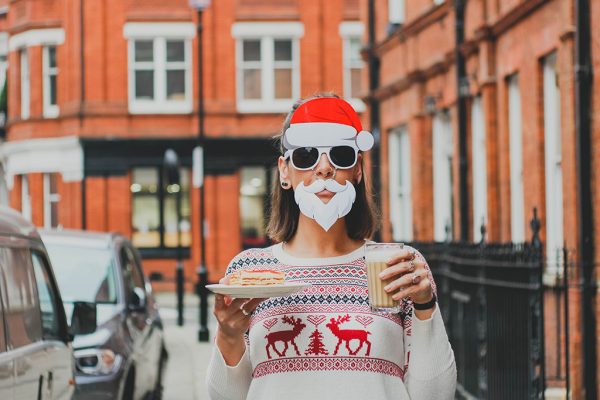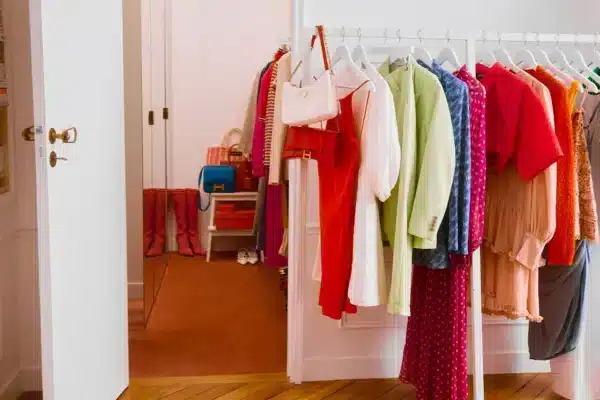As I write this, I’m being nudged by my auntie’s miniature sausage dog, which only makes this article easier to write.
I’m a full on animal lover. I grew up with cats, hamsters, birds, rabbits and guinea pigs around the house, and as an adult, I basically scream every time I see a dog. If I didn’t travel and had a garden, I would 100% start a cat commune.
Animals are not only incredible pets; they are essential to earth’s ecosystem and human life.
Image via Adobe Stock
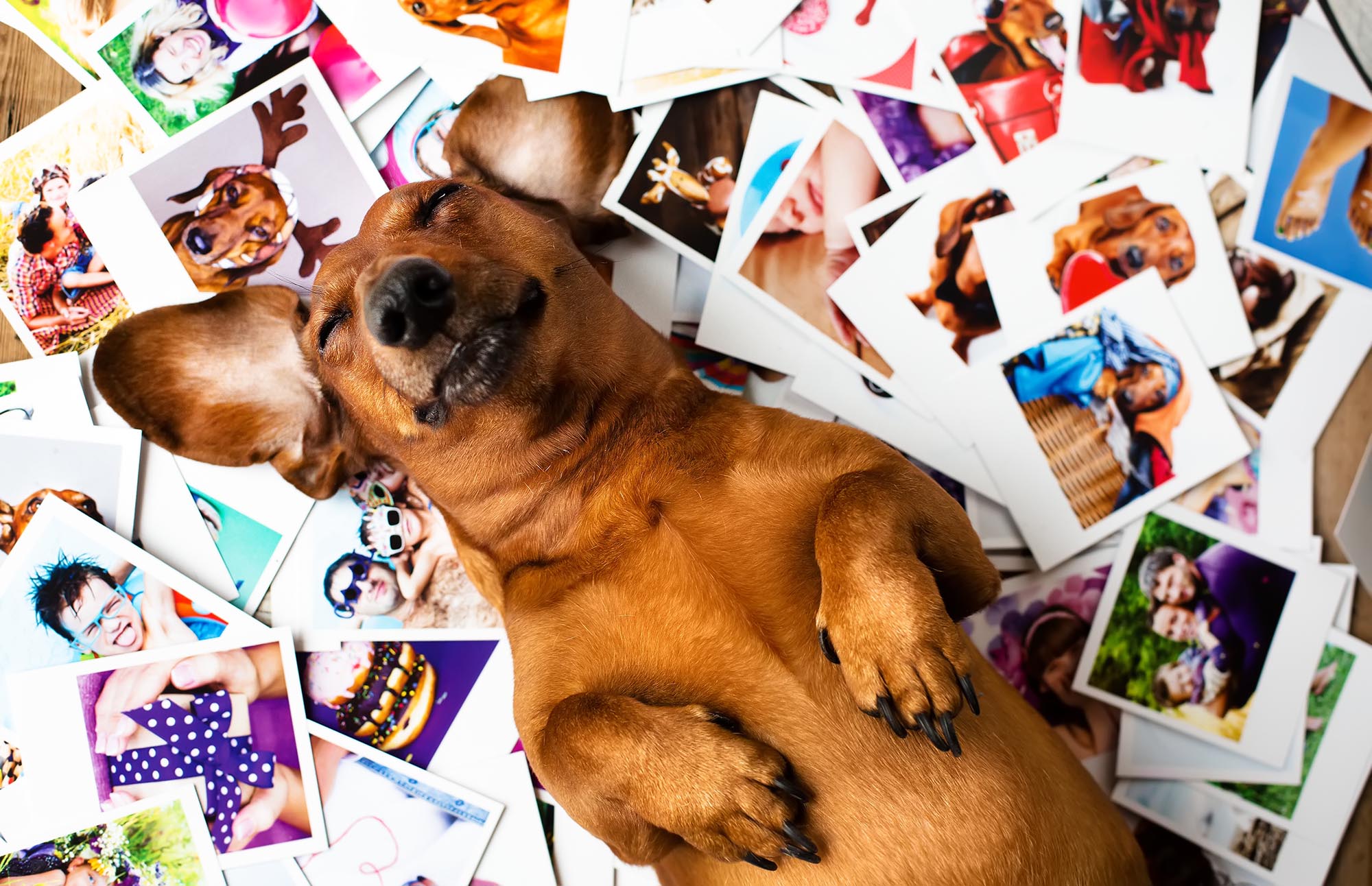
Animals are used for food, therapy, rehabilitation, textiles, guides, and security. Sadly humanity hasn’t returned the favour, with WWF’s The Living Planet Report 2018 stating that half of the animal species on Earth have declined in the past 40 years due to climate change, plastic pollution, increasing human populations and deforestation.
Besides the obvious of leading a more sustainable lifestyle and donating to wildlife charities, here are some ways to directly help wild and domestic animals without adopting them all.
1. Foster
When animals are not ready for adoption, they need a place to be loved, which is a foster home. Mostly every animal charity requires foster caring, which is normally listed on their website. RSPCA describes fostering as ‘an incredibly rewarding experience and directly improves the lives of animals.’ There’s a wide range of animals that can be fostered, mostly kittens and puppies (win), which can be looked after from a few weeks to a few months. Animal foster parents don’t require any special skills, just a warm heart, and a safe home.
2. Buy humane animal products
If you’re a meat eater, try to buy meat free range and organic (I know it’s not always possible). The reality is, the meat industry can be pretty cruel, especially ones with high turn over for cheap meat. The prospect of eating a pig that’s spent its whole life packed indoors is just depressing. If you eat meat out, ask questions about where it’s from and boycott places that don’t source meat humanely.
The same should be done if you eat dairy, the RSPCA has a list here for brands that are committed to cruelty-free eggs.
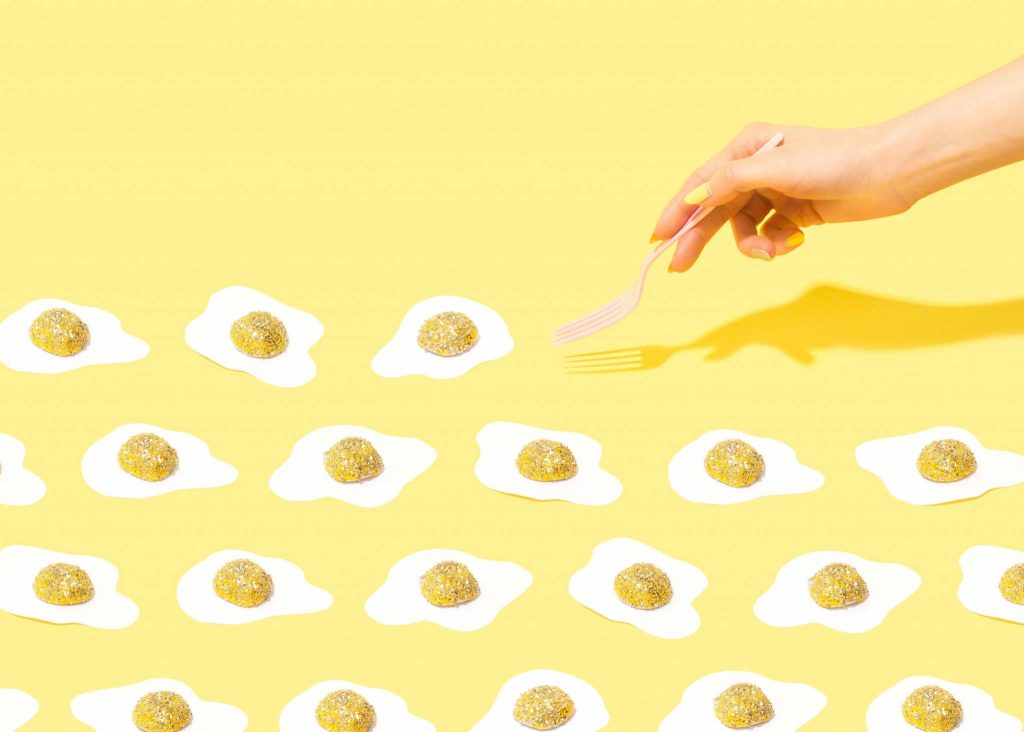
3. Save the bees
Bees are in dramatic decline, and we need them to survive. To help exhausted bees, put sugary water out on a plate in the summer for bees to drink. Also, avoid putting any pesticides on your flowers or garden, it kills bees. Here are some more bee tips from National Geographic.
4. Donate supplies to rescue groups
Google your local rescue groups and animal shelters and find out what they might need for example toys, blankets or food. It’s not a lot of effort to drop stuff off but can make a massive difference to the animal shelters!
5. Reduce your plastic consumption
If you haven’t heard, plastic is awful for the environment, especially wildlife. It’s killing seabirds and marine life from the inside out, and it’s heartbreaking. These birds living on an island 2,000 miles away from people are dying from plastic pollution.
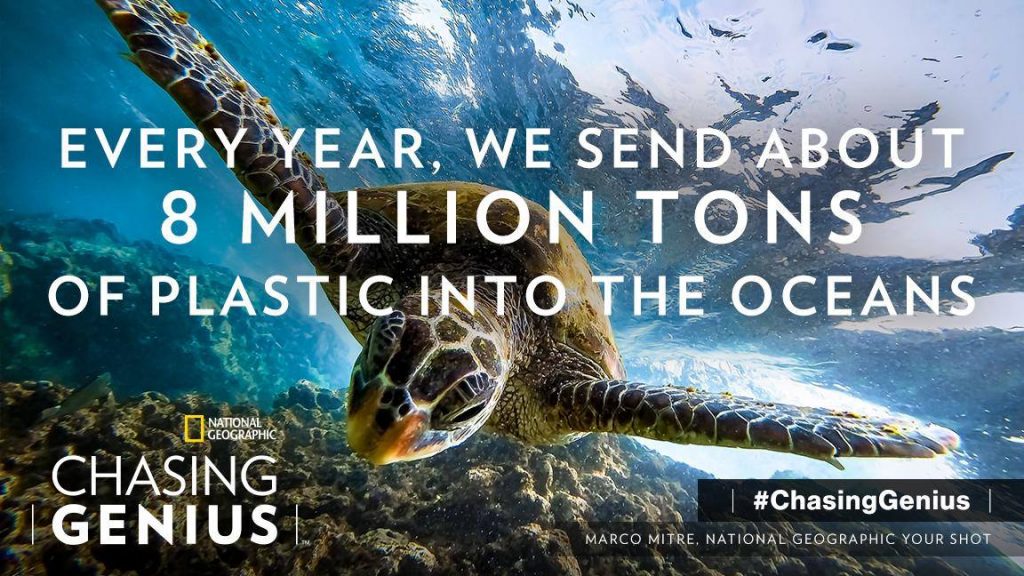
6. Don’t litter
Again, another obvious one, but some people just haven’t yet got the memo. Littering is bad for animals, both domestic and wild. If you drop something, it will most likely end up in the ocean or accidentally eaten by an animal.
If you see someone litter, maybe let them know nicely that they are harming cute animals. Also if you’re on the beach and see some litter, try picking it up and pop it in the bin.
7. Avoid palm oil
There’s a big story currently going round in the UK about an advert for Iceland being banned for TV. The spot, originally produced by Greenpeace to highlight the impacts of Palm Oil, was deemed ‘too political’ for TV. Palm oil, used in a wide variety of food and beauty products, causes severe damage to the landscape of Borneo and Sumatra, causing widespread loss to wildlife in particular orangutans.
8. Buy cruelty-free products
Animal testing is archaic for beauty; it’s just not necessary. There are countless products that are incredible and cruelty free, just check the labels. MECCA is a great place to start for mainstream beauty products; they do a huge range of cruelty free lines (including their own). Here’s a guide to spotting cruelty free products.
